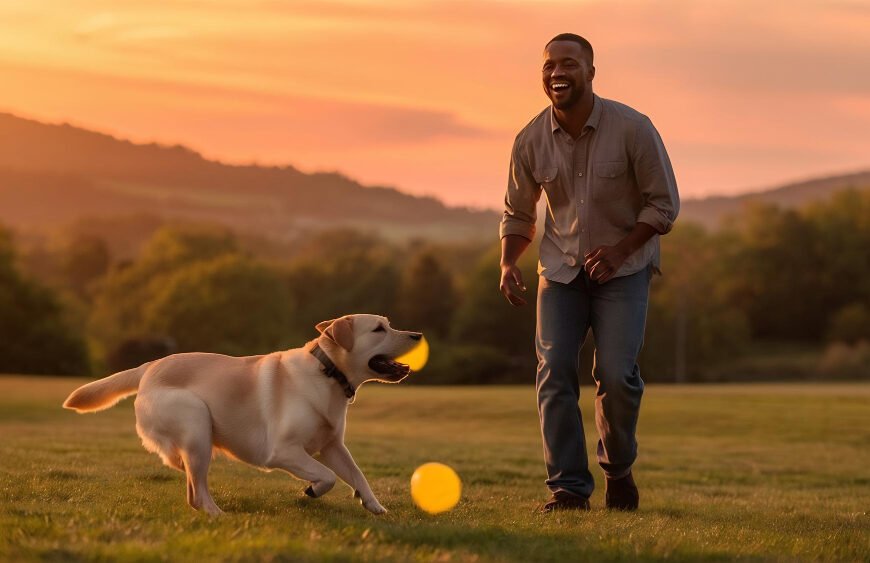Okay, let’s be honest. No dog is truly a jerk. But when your pup ignores your commands, chews your favorite shoes, or generally acts like they own the place, it can leave you feeling a little… frustrated. Don’t despair! Let’s turn that furry troublemaker into a well-mannered companion.
“If a dog will not come to you after having looked you in the face, you should go home and examine your conscience.” – Woodrow Wilson
Why Does My Dog Act Like This?
Before we go blaming Fido, let’s ask some questions:
- Breed matters: Huskies are notoriously independent, Border Collies need endless exercise. Was your dog bred for a job they aren’t getting to do?
- Age is a Factor: Puppies are like toddlers with fur – expect some chaos. Senior dogs might become a bit rusty with their obedience skills.
- Did something change? A move, new pet, or schedule shift can throw any dog off their game.
- Health check! Unexplained behavior changes could be a sign of a medical issue. A vet check-up is a good first step.
Common Training Mistakes (They’re Probably Yours, Not Your Dog’s)
- Inconsistent commands: Saying “sit”, “down”, and “stay off the couch!” for the same thing confuses your dog.
- Poor timing: Rewards or corrections too long after the behavior don’t mean much to a dog.
- Expecting too much, too soon: Think of training like school – you don’t start with calculus!
- Yelling or punishment: This causes fear and damages your bond. It doesn’t teach them what you DO want.
Shift Your Mindset
Your dog isn’t trying to be difficult – they just don’t get it yet! Patience is key, and remember, training should be FUN for both of you. With the right approach, even the most stubborn pup can be transformed.
Training Tips for the Stubborn Streak
- High-value treats: Boring kibble won’t cut it! Think boiled chicken, cheese, even hotdog bits.
- Short and sweet sessions: 5-10 minutes several times a day is better than an hour-long struggle.
- Start easy, build up: Train in a calm space first, then gradually introduce distractions.
- Find their motivation: Is your pup more into toys than food? Use play as a reward!
- Be the leader: This means being consistent, fair, and showing your dog you have things under control.
- “Catch” them being good: Reward calm behavior on their own, not just when commanded.
- Don’t give up! Progress might seem slow, but those “aha!” moments are the best.
A Note on Tough Cases
If your dog’s behavior seems out of the ordinary (aggression, sudden biting, etc.), don’t try to handle it alone. Contact a certified dog trainer or behaviorist for professional help to keep everyone safe.
The Takeaway
Living with a “stubborn” dog takes extra effort, but it’s incredibly rewarding. Remember, all dogs can learn, and with positive reinforcement and a bit of understanding, you and your furry “jerk” can build an amazing bond.









